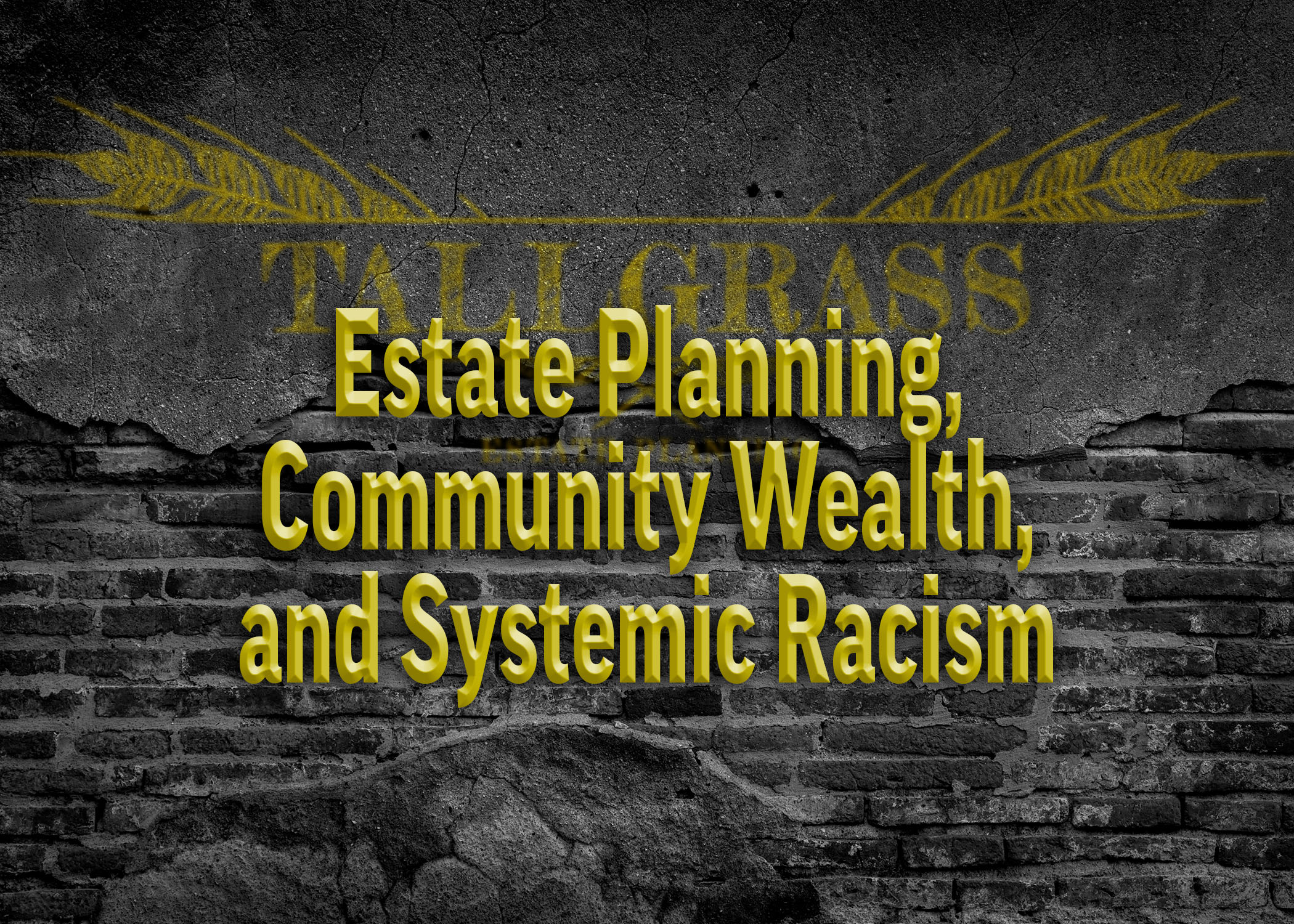
"Happy families are all alike; every unhappy family is unhappy in its own way." Leo Tolstoy , Anna Karenina
From time to time, we work with a "perfect" family - partners are in love and stable, kids all get along, everyone is healthy and financially responsible. But most of the time, somewhere in the family, there is tension, suspicion, addiction, financial liabilities, or any number of other relational, financial, or physical causes for concerns.
We understand that there are all kinds of reasons for these concerns, and we offer no judgment. Nonetheless, families are often hesitant to share with us these issues without some careful convincing. When our clients hold back crucial information about a "disowned" child, or a child's mental illness, substance abuse, gambling habit, relationship tensions, or other difficulties that are often considered "embarrassing," we can offer no assistance in predicting or managing the consequences of these difficulties following a client's death and the inheritance of their assets.
POTENTIAL PROBLEMS
When we, as attorneys, are kept in the dark by our clients about these problems, any number of things can and do happen:
- Assets are exposed to a child's financial liabilities
- A child with a mental illness who could potentially qualify for benefits may fail to qualify or lose benefits
- A child with a substance abuse problem uses assets to feed their habit and do real harm to themselves and their family
- A child with a behavioral problem, like a gambling addiction, wastes assets very quickly and may become even more habituated or deeper in debt
- A child in a troubled marriage may end up losing inheritance in a future divorce
- Existing tensions between children become more pronounced and more serious
BURNING BRIDGES
If clients can't bring themselves to open up about these issues and we don't take them into account, then it is possible that their estate plan may only make things worse. Distance between loved ones grows further. Addictions are enabled. Assets are lost.
For example, relationships are often damaged when clients think they are somehow obligated to name each of their children as trustees or medical proxies or some other fiduciary role. This impulse is understandable, of course, but sometimes misguided. We try to learn about how the children, especially if they are already adults, relate to one another. Do they interact often? Do they have similar financial values, sophistication, and security? Do they get along? Do they trust each other? If not, the structure of the fiduciary relationships is crucial in preserving harmony among them. When relational issues are ignored, though, you will be setting them up for an explosive situation that may destroy their relationship long-term.
BUILDING BRIDGES
But when clients are able to be honest about these types of problems, we are in a position to give much better and more comprehensive advice. We can create strategies ahead of time to deal with predictable issues, like relational difficulties, financial liabilities, behavioral problems, and other complications.
We can take these problems into account when choosing trustees, defining fiduciary roles, structuring trusts, deciding when and how accountings are shared with beneficiaries, selecting a trust protector, and so many more crucial decisions that, if done well, can actually help heal relationships and protect assets.
THE POINT
You, the client, must be honest with your attorney. This is no time to avoid talking about the child you have disowned or who may have disowned you. This is no time to keep a beneficiary's mental illness a secret. This is no time to keep quiet about a child's difficult marriage because it feels like "none of your business." This is no time to look the other way and ignore a child's gambling problem or criminal history. And, more importantly, there is no need for you to feel embarrassed or ashamed of these things, if they are a part of your family.
If your family has its share of difficulties, your estate plan will either burn a bridge or build one. Your openness and honesty will play a significant role in determining which of those two things happens.
Here's the stuff we always put at the end:
If you want to know more, we would love to talk with you about it. Best part, the conversation about how it could benefit you doesn't cost anything. Call us at (918) 770-8940 or send an email to firm@tallgrassestateplanning.com to set up a free consultation.
Disclaimer: Reading this blog post does not create an attorney-client relationship, and it is not formal legal advice. This is for information purposes only. It is always best to speak with an attorney about your questions, assets, concerns, and needs.

















